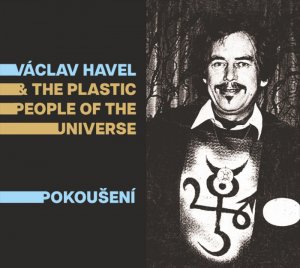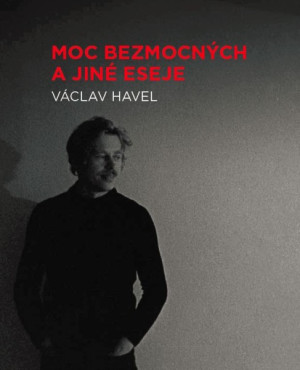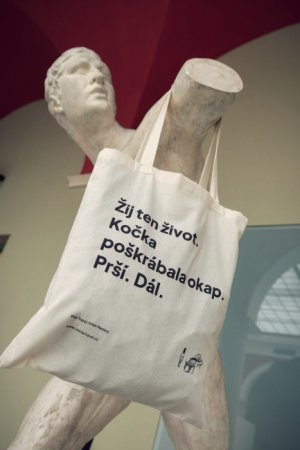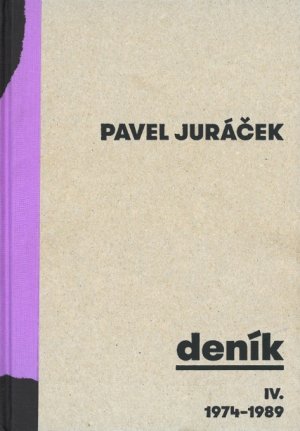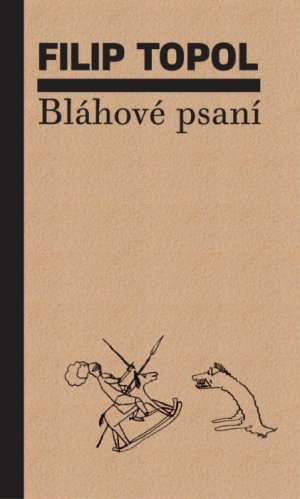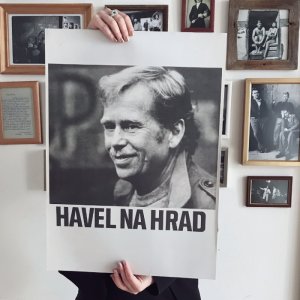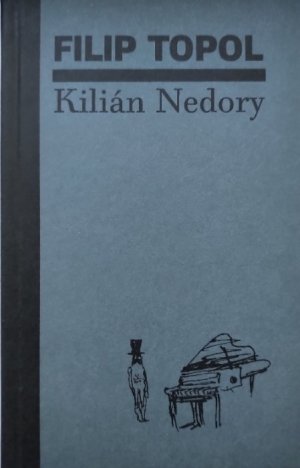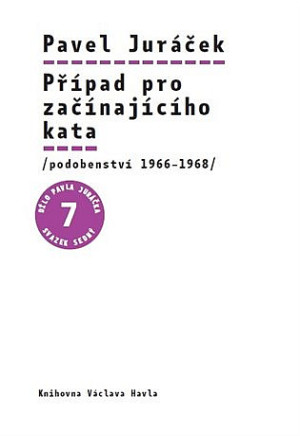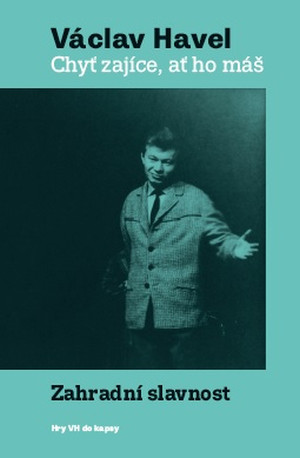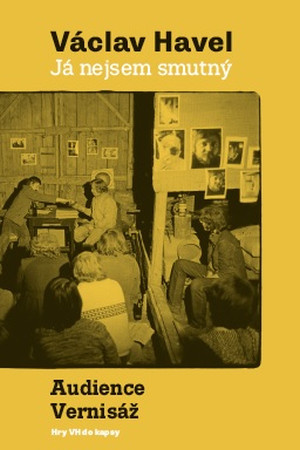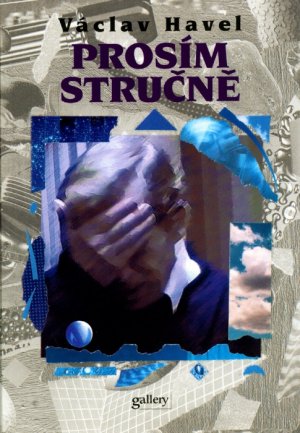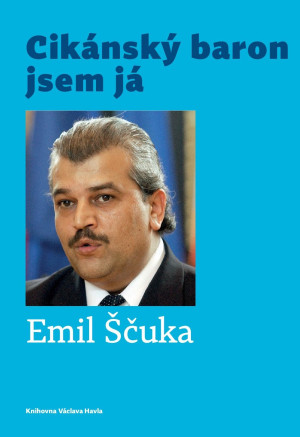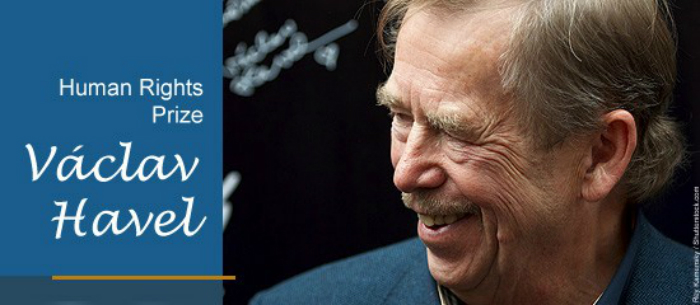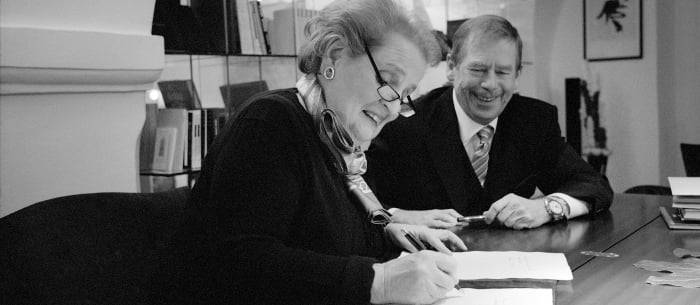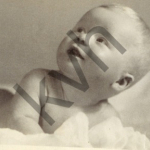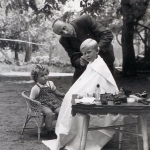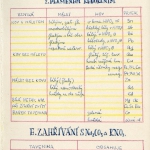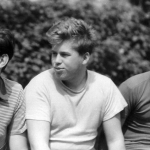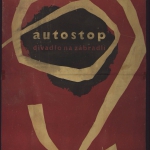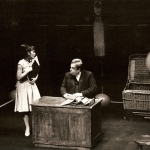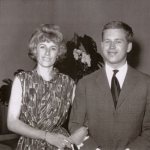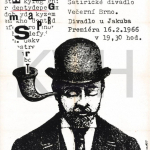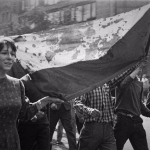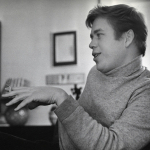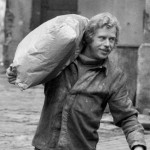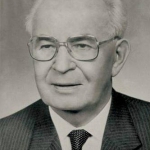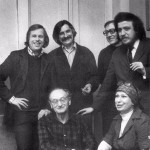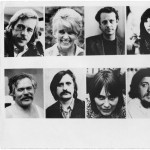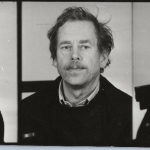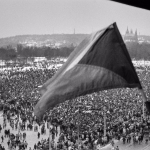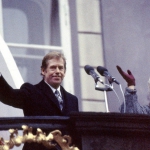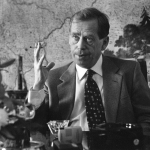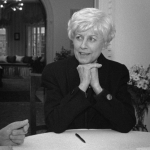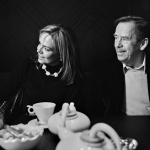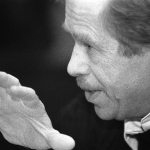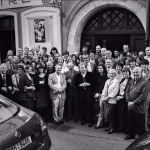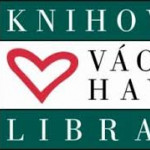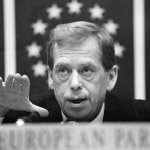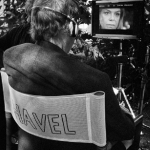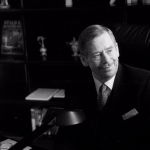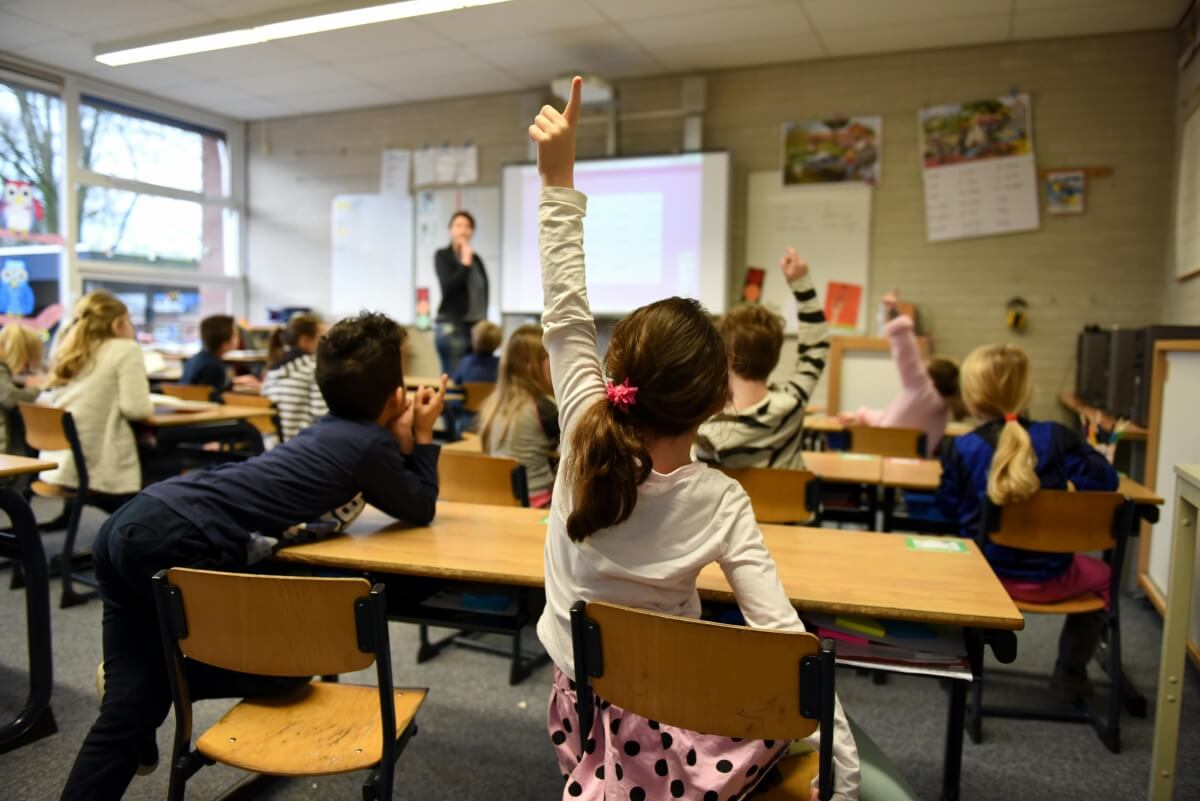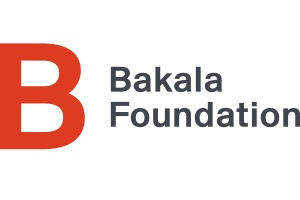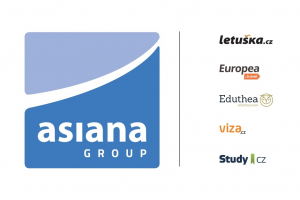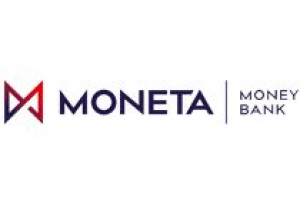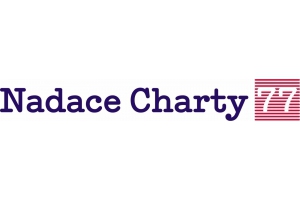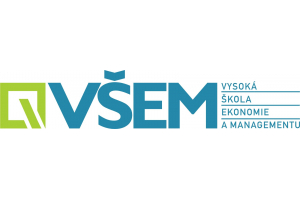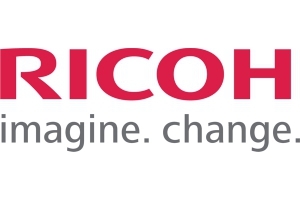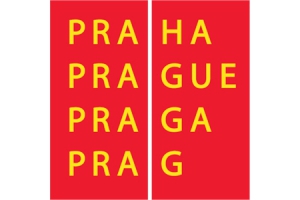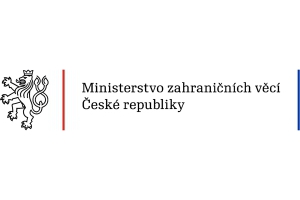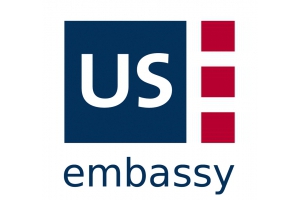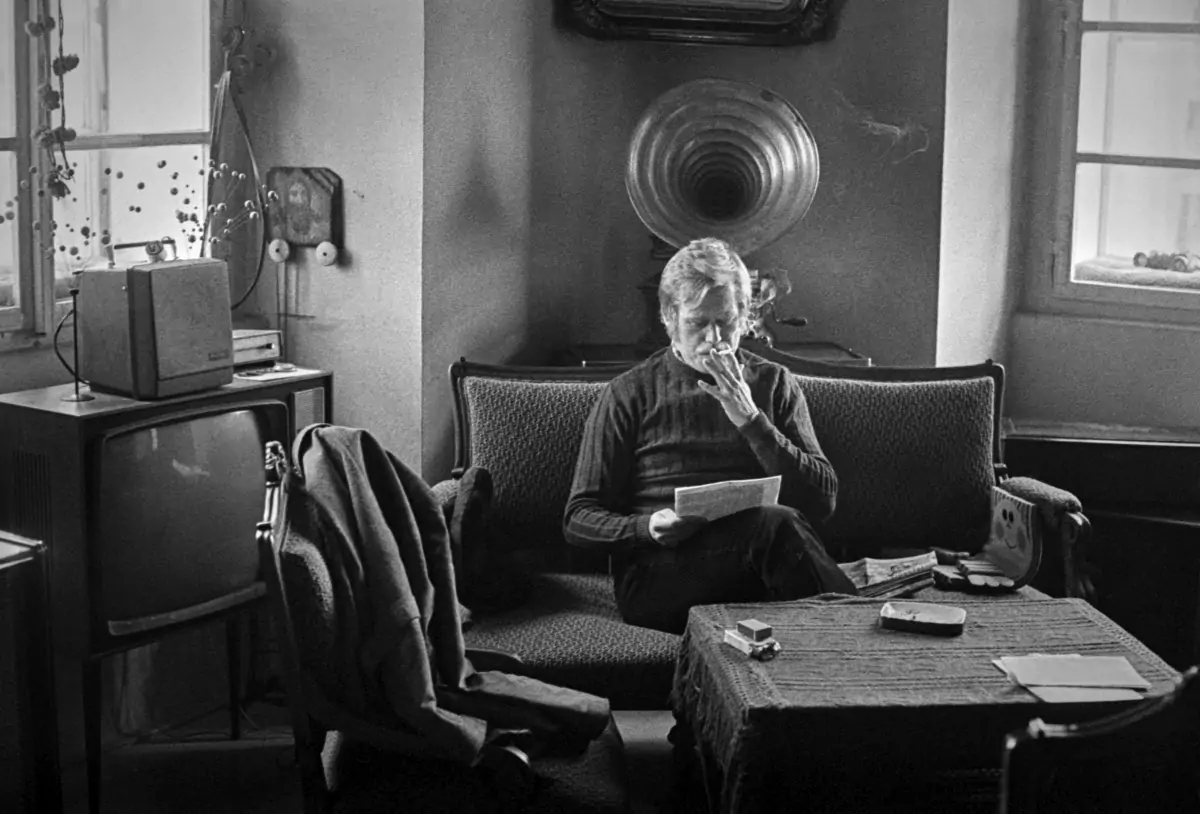
Club / News / Program
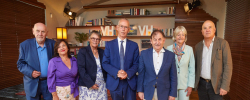
Three candidates shortlisted for the 2023 Václav Havel Prize 05/09/23
The selection panel of the Václav Havel Human Rights Prize, which rewards outstanding civil society action in defence of human rights in Europe and beyond, has today announced the shortlist for the 2023 Award. Meeting in Prague today, the panel – made up of independent figures from the world of human rights and chaired by the President of the Parliamentary Assembly of the Council of Europe (PACE) Tiny Kox – decided to shortlist the following three nominees, in alphabetical order: More
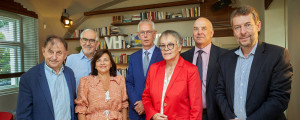
Three candidates shortlisted for the 2022 Václav Havel Human Rights Prize 06/09/22
The discussion among the seven-member jury helmed by the president of the Parliamentary Assembly of the Council of Europe centred on the importance of the issue of human rights during this tense period. The finalists include Vladimir Kara-Murza, a political prisoner and leading Russian democracy campaigner; Ukraine’s 5 AM Coalition, which gathers evidence of human rights abuses stemming from Russia’s invasion of the country; and Hungary’s Rainbow Coalition defending LGBTQIA+ rights. “This year’s selection reflects the central role that human rights play in the current European crisis,” says Michael Žantovský, jury member and executive director of the Václav Havel Library, which bestows the prize in cooperation with the Parliamentary Assembly of the Council of Europe and Nadace Charty 77.
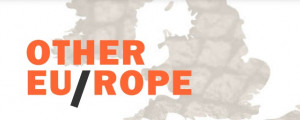
The Other Europe 27/04/22
Dear Friends, After three years we have completed the international project The Other Europe, during which, in cooperation with partner institutions, we have processed and made public recordings of interviews shot in 1987 and 1988 behind the Iron Curtain, and in exile, with important representatives of the opposition and the arts, as well as random citizens. Over those three years we have prepared video, audio and text of 106 interviews in speakers’ native languages and English translation. Despite public health restrictions in the Covid period, we have jointly prepared 16 international conferences and public presentations in six Central and Eastern European states. More
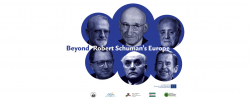
From Schuman to Havel – what next? 16/02/22
The Václav Havel Library is a proud partner of the project Beyond Robert Schuman’s Europe More
Program for February 2013<>
entry-free
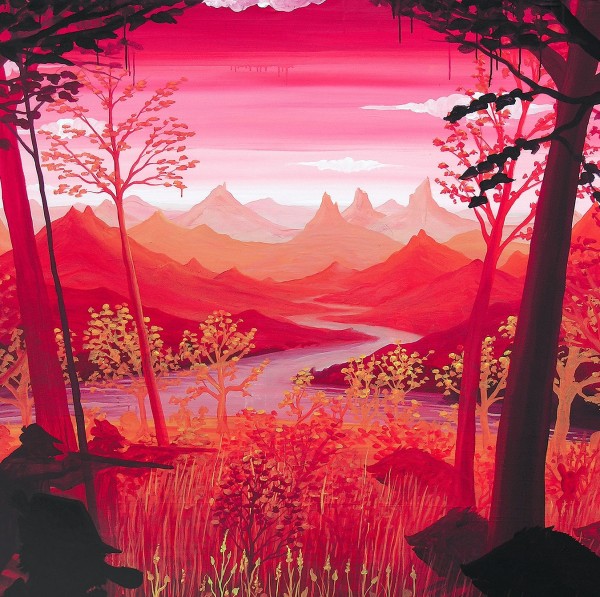
Eighties: Roman Trabura - Things are starting to happen…
- Where: Montmartre Gallery
- When: January 14, 2013, 19:00 – February 17, 2013, 18:00
Roman Trabura (*1960 Vsetín) did not graduate from the Academy of Fine Arts in Prague until the 1990s. As he put it himself: “With regard to studying, under the ‘Bolsheviks’ it didn’t even occur to me to give it a go. In those days, I was more underground, a rocker and nihilist.” His art has few peers on the Czech scene. He is constantly trying out new formal approaches, which he transforms like a snake shedding its skin. At the same time, he remains faithful to certain of his main themes, such as landscape painting.
At Galerie Montmartre he is showing a series of “forests”, large canvases that are, however, some way removed from classic Czech landscapes. Roman Trabura’s art comes from a rich, sometimes unchained imagination that seeks to both enrapture and provoke the viewer. They are in a sense inner landscapes that are still very close to the real, physical world. He uses those antitheses deliberately, along with many other sources of inspiration. However, it is not a question of direct influence or synthesis, but a pluralistic conception. He places figures with empty speech bubbles in sublime, romantic landscapes inspired by Caspar David Friedrich. Likewise, one cannot help feeling that his fairytale or even mystical scenes hide a biting black humour.
In darkening woods, mysterious shadows of figures with bulbous, pimply noses sneak about between the trunks of trees. On the horizon, is a sky suffused with a magical light. People and animals are doing something, but we don’t know what it is. Things are starting to happen…
Marianna Placáková
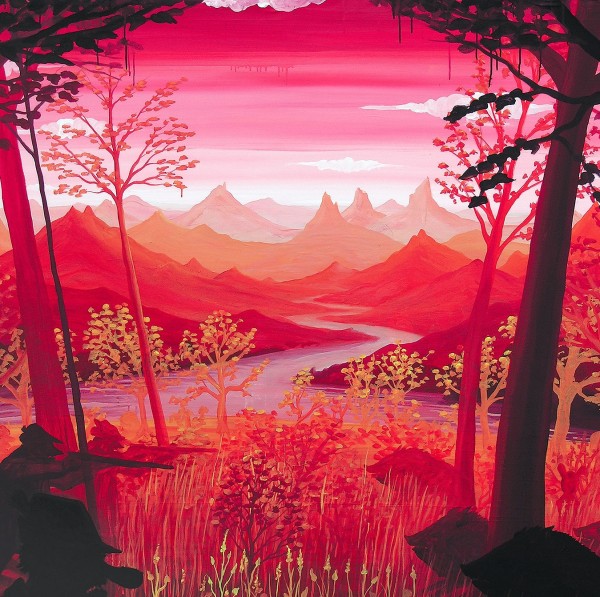
Eighties: Roman Trabura - Things are starting to happen…
- Where: Montmartre Gallery
- When: January 14, 2013, 19:00 – February 17, 2013, 18:00
In 2013, the Václav Havel Library’s Galerie Montmartre is presenting an exhibition series entitled “Eighties” that presents the generation of artists born in the 1950s and ‘60s. Among those represented are artists from the underground and those who studied in the 1980s while also taking part in unofficial exhibitions, including the Confrontation series. They include Michal Cihlář, Otta Placht and Libor Krejcar. The idea behind the series is to present artists, often operating on their own, whose work is insufficiently known to the public. The series has got underway with a show of work by David Němec, which runs until 13 January 2012.
Roman Trabura (*1960 Vsetín) did not graduate from the Academy of Fine Arts in Prague until the 1990s. As he put it himself: “With regard to studying, under the ‘Bolsheviks’ it didn’t even occur to me to give it a go. In those days, I was more underground, a rocker and nihilist.” His art has few peers on the Czech scene. He is constantly trying out new formal approaches, which he transforms like a snake shedding its skin. At the same time, he remains faithful to certain of his main themes, such as landscape painting.
At Galerie Montmartre he is showing a series of “forests”, large canvases that are, however, some way removed from classic Czech landscapes. Roman Trabura’s art comes from a rich, sometimes unchained imagination that seeks to both enrapture and provoke the viewer. They are in a sense inner landscapes that are still very close to the real, physical world. He uses those antitheses deliberately, along with many other sources of inspiration. However, it is not a question of direct influence or synthesis, but a pluralistic conception. He places figures with empty speech bubbles in sublime, romantic landscapes inspired by Caspar David Friedrich. Likewise, one cannot help feeling that his fairytale or even mystical scenes hide a biting black humour.
In darkening woods, mysterious shadows of figures with bulbous, pimply noses sneak about between the trunks of trees. On the horizon, is a sky suffused with a magical light. People and animals are doing something, but we don’t know what it is. Things are starting to happen…
Marianna Placáková
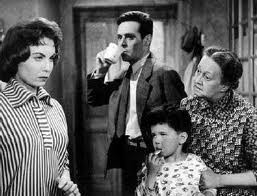
VHL Film Marathon II: Václav Havel, Film Critic
- Where: Montmartre Gallery
- When: February 5, 2013, 18:00 – 23:30
At the end of the 1950s in particular, the young writer Václav Havel went in for some film analysis, paying particular attention to French cinematography. During the second VHL Film Marathon we will recall not only some of the films Václav Havel wrote about but also the actual texts themselves.
Screenings:
Vlčí jáma (Den of Wolves) (1957, 93 min, directed by: Jiří Weiss)
Anatomie gagu (Anatomy of a Gag) (2008, 20 min, directed by: Josef Abrahám Jr.)
Tři přání (Three Wishes) (1958, 96 min, directed by: Ján Kadár, Elmar Klos)
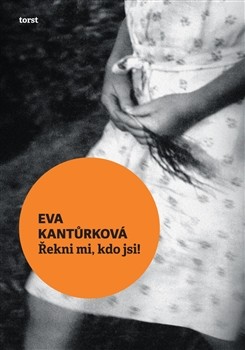
Tell Me Who You Are!
- Where: Montmartre Gallery
- When: February 6, 2013, 19:00 – 21:00
An evening devoted to novelist Eva Kantůrková and her book Řekni mi, kdo jsi! (Tell Me Who You Are!), which was published by Torst in 2012. The writer touches on areas that are sensitive for the Czech Republic, past and present, supplementing her reflections on literature, politics and the national character with portraits of figures in public life (Václav Černý, Karel Kosík, Václav Havel, Ludvík Vaculík, Josef Zvěřina…). Powerful reflections on her own rich life make the book an essential work.
The event will be introduced by Torst editor Jan Šulc, who will also host a Q&A with the author.
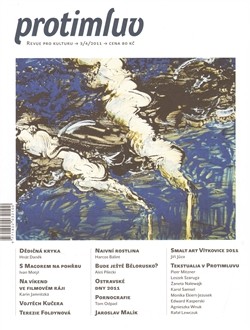
Cabaret Protimluv – Ostrava Melting-Pot
- Where: Montmartre Gallery
- When: February 7, 2013, 19:00 – 22:00
A visit from the people behind the Ostrava-based literary magazine and publishing house Protimluv (Contradiction). For over 10 years, it has been a motor of the domestic scene, bringing out works by significant central European authors such as Janusz Rudnicki, Ryszard Krynicki, István Vörös and Rafał Wojaczek.
There will be readings from Lenka Daňhelová’s collection Její bolest (Her Pain), Martin Skýpala’s Příběhy písmen (Stories of Letters), Natálie Paterová’s debut Uvnitř kosti duha (Rainbow Inside the Bone), and texts by the poet and journalist Ivan Motýl and poet Jiří Měsíc. Other authors who make it will also read.
The evening will be hosted by the editor-in-chief of Protimluv, Jiří Macháček.
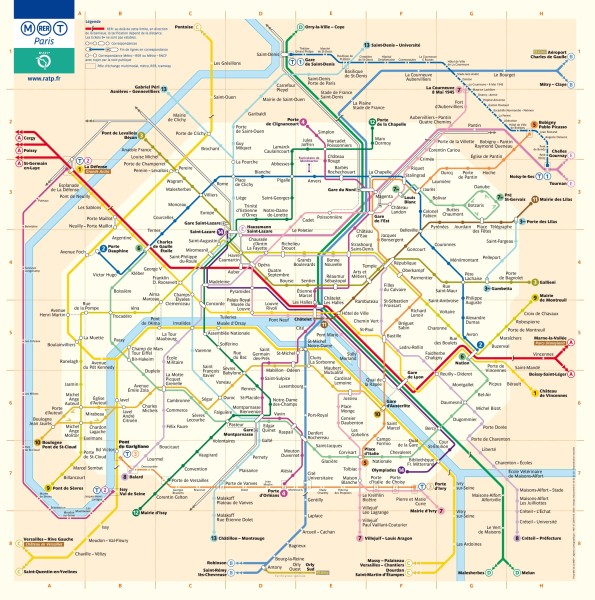
Monodrama I. Vidosav Stefanović – Jovana from the Metro
- Where: Montmartre Gallery
- When: February 12, 2013, 19:00 – 21:00
The first evening in a series of staged readings of intimate works by Czech and foreign authors. Jovana z metra (Jovana from the Metro) by the Serbian journalist Vidosav Stefanović is the gripping monologue of a young woman from the former Yugoslavia who, scarred by the ravages of war, decides to move to Paris…
The reading will be by Marta Vítů, a long-term member of the Činoherní studio theatre in Ústí nad Labem, directed Hana Kofránková. Translation by Irena Wenigová.
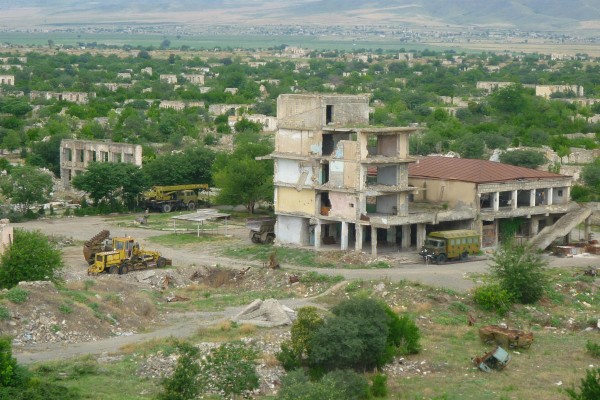
Sore Spots of the South Caucasus: Nagorno-Karabakh
- Where: Montmartre Gallery
- When: February 14, 2013, 19:00 – 21:00
Another evening in journalist and documentary maker Petruška Šustrová’s popular series. This time the writer takes us – via a documentary, lecture and subsequent debate – to Nagorno-Karabakh.
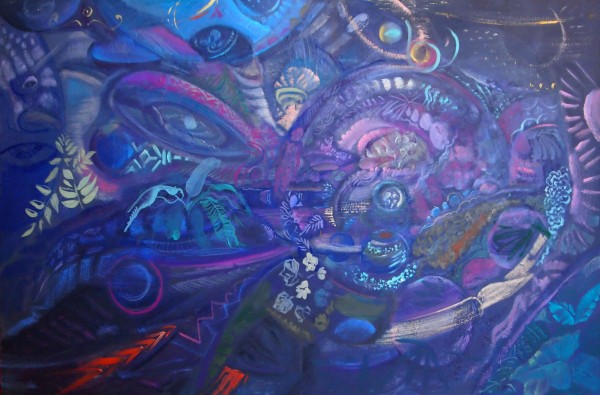
Otto Placht: Storyteller – Exhibition Opening
- Where: Montmartre Gallery
- When: February 19, 2013, 19:00 – 21:00
Opening of an exhibition of paintings by Otto Placht inspired by the mystical stories and contemporary life of the Shipibo Amazonian Indian tribe. The evening will include a reading by director Igor Chaun.
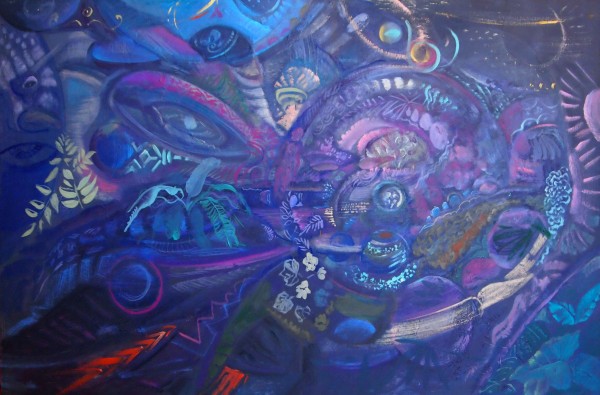
Otto Placht: Storyteller
- Where: Montmartre Gallery
- When: February 19, 2013, 19:00 – March 24, 2013, 18:00
Exhibition of paintings by Otto Placht inspired by the mystical stories and contemporary life of the Shipibo Amazonian Indian tribe.
Otto Placht (*1962 Prague) is an artist known to the Czech public primarily as a “painter of the jungle”. He graduated from the Academy of Fine Arts in the 1980s and from 1990 to 1993 was active at Jiří Načeradský’s Studio of Monumental Creation.
He originally focused on producing works based on fractal and chaos theory.
In Miami in 1993 Placht came across paintings by the artist Pablo Amaringo inspired by the hallucinogen ayahuasca. He was so captivated by Amaringo’s work that he travelled to Pucallpa in Peru, where he lived for several years in the jungle with the Shipibo tribe, whose aesthetic has had a marked influence on him. As he himself put it: “I ended up at simple, geometric skeletons and I didn’t know how to liven things up. I was attracted to spontaneous painting and I felt that in the jungle there would be the shem that would bring the skeleton to life and wrap it in living tissue. And in the end that living tissue tore the skeleton apart completely.”
The first exhibition of Placht’s Amazonian paintings took place at Galerie Václava Špály in 1997. Since then he has exhibited regularly. He lives part of the time in Prague and part of the time in Pucallpa, where he has taught as a visiting professor at the local university.
At Galerie Montmartre Otto Placht is showing a series of paintings from this year entitled Kosmovize (Cosmovision). He assumes the role of a storyteller who has travelled between scattered Indian clans telling old stories and myths and serving as a unifying element of the tribe. In his oil paintings this ancient culture blends naturally with the present, becoming perhaps a kind of modern Peruvian mythology seen through the artist’s eyes. Foundational myths, such as one about the creation of plant life, are depicted, as are other myths alive among the aborigines to this day. An example is the legend of the sirens said to inhabit the local lake Yarinacocha and drag people beneath its surface. At the same, we encounter “postmodern” Indian society – tiny, chubby Shipibo tribesmen dancing and drinking alcohol in late-night bars.
Though Kosmovize swarms with figures that are not typical of Placht’s work, we can still make out the artist’s world with absolute certainty. It comprises gnarly stories of creation and life, diverse and parallel perspectives, and flowing forms that grow like vegetation one into the next, swallowing each other up. These are multilayered, overcrowded stories based on the incredibly complicated structure of life that the jungle represents.
As Otto Placht says: “The Amazon is an esoteric world hidden in the carpet of the primeval forest. Space is disappearing there, and the way of understanding is changing. There are no cardinal directions and you’re always wandering in circles. Everything between life and death takes place, in the earth, in the water, in the mud, in the air between the leaves, and in the crowns of the trees.”
Marianna Placáková
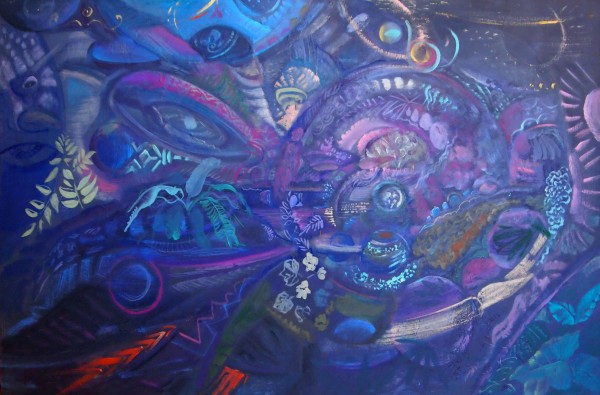
Otto Placht: Storyteller
- Where: Montmartre Gallery
- When: February 19, 2013, 19:00 – March 24, 2013, 18:00
Exhibition of paintings by Otto Placht inspired by the mystical stories and contemporary life of the Shipibo Amazonian Indian tribe.
Otto Placht (*1962 Prague) is an artist known to the Czech public primarily as a “painter of the jungle”. He graduated from the Academy of Fine Arts in the 1980s and from 1990 to 1993 was active at Jiří Načeradský’s Studio of Monumental Creation.
He originally focused on producing works based on fractal and chaos theory. In Miami in 1993 Placht came across paintings by the artist Pablo Amaringo inspired by the hallucinogen ayahuasca. He was so captivated by Amaringo’s work that he travelled to Pucallpa in Peru, where he lived for several years in the jungle with the Shipibo tribe, whose aesthetic has had a marked influence on him. As he himself put it: “I ended up at simple, geometric skeletons and I didn’t know how to liven things up. I was attracted to spontaneous painting and I felt that in the jungle there would be the shem that would bring the skeleton to life and wrap it in living tissue. And in the end that living tissue tore the skeleton apart completely.”
The first exhibition of Placht’s Amazonian paintings took place at Galerie Václava Špály in 1997. Since then he has exhibited regularly. He lives part of the time in Prague and part of the time in Pucallpa, where he has taught as a visiting professor at the local university.
At Galerie Montmartre Otto Placht is showing a series of paintings from this year entitled Kosmovize (Cosmovision). He assumes the role of a storyteller who has travelled between scattered Indian clans telling old stories and myths and serving as a unifying element of the tribe. In his oil paintings this ancient culture blends naturally with the present, becoming perhaps a kind of modern Peruvian mythology seen through the artist’s eyes. Foundational myths, such as one about the creation of plant life, are depicted, as are other myths alive among the aborigines to this day. An example is the legend of the sirens said to inhabit the local lake Yarinacocha and drag people beneath its surface. At the same, we encounter “postmodern” Indian society – tiny, chubby Shipibo tribesmen dancing and drinking alcohol in late-night bars.
Though Kosmovize swarms with figures that are not typical of Placht’s work, we can still make out the artist’s world with absolute certainty. It comprises gnarly stories of creation and life, diverse and parallel perspectives, and flowing forms that grow like vegetation one into the next, swallowing each other up. These are multilayered, overcrowded stories based on the incredibly complicated structure of life that the jungle represents.
As Otto Placht says: “The Amazon is an esoteric world hidden in the carpet of the primeval forest. Space is disappearing there, and the way of understanding is changing. There are no cardinal directions and you’re always wandering in circles. Everything between life and death takes place, in the earth, in the water, in the mud, in the air between the leaves, and in the crowns of the trees.”
Marianna Placáková
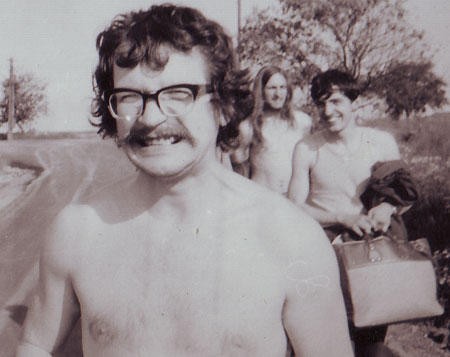
The Czech Underground I. Nicolas Maslowski: Opening Lecture
- Where: Montmartre Gallery
- When: February 20, 2013, 10:30 – 12:00
The Czech Underground is a series of lectures organised by the Faculty of Humanities at Charles University in cooperation with the Václav Havel Library. Its aim is to explore the collective memory of the underground phenomenon in modern Czech history. Speakers will include those who were directly involved in underground activities.
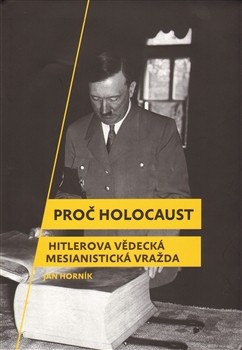
Jan Horník: The Holocaust as Messianistic Genocide
- Where: Montmartre Gallery
- When: February 20, 2013, 19:00 – 21:00
Historian Jan Horník’s lecture will make clear the causes of Adolf Hitler’s anti-Semitism and his decision to exterminate the Jews. Horník by no means regards the common explanations as a given, and thoroughly examines the question of why Nazism was racist and fanatically anti-Semitic.
Jan Horník is the author of the book Proč holocaust (Why the Holocaust) (Rybka Publishers 2012) and works for the Institute for the Study of Totalitarian Regimes.
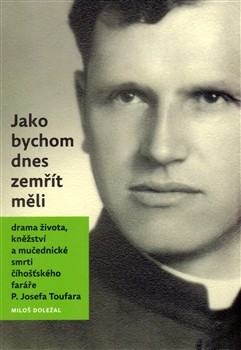
How Should We Die Today
- Where: Montmartre Gallery
- When: February 25, 2013, 19:00 – 21:00
An evening with Miloš Doležal, author of the book Jako bychom dnes zemřít měli (How Should We Die Today), which was published in 2012 by Nová tiskárna Pelhřimov. It takes place on the anniversary of the death of Čihošť priest Fr. Josef Toufar, who was a martyr to Communism.
Jana Franková will read excerpts from the book.
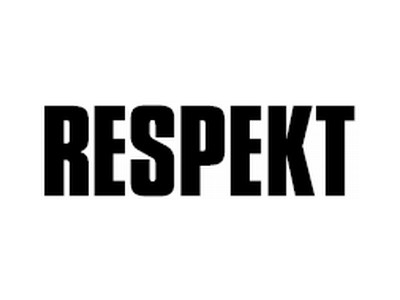
How to Find a Way Forward
- Where: Montmartre Gallery
- When: February 26, 2013, 19:00 – 21:00
Public debate on current affairs with editors from the weekly Respekt.
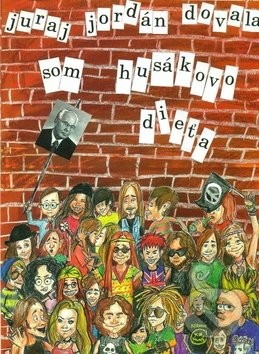
I Am (Not) a Child of Husák
- Where: Montmartre Gallery
- When: February 27, 2013, 19:00 – 21:21
The book Som Husákovo dieťa (I Am a Child of Husák) will be presented by its author Juraj Jordán Dovala, a Hussite pastor, novelist and songwriter. His guest will be Ladislav Heryán, a Roman Catholic priest mainly active in underground circles. The guitars of the two servants of God will also play a part in what will be a literary-musical evening.
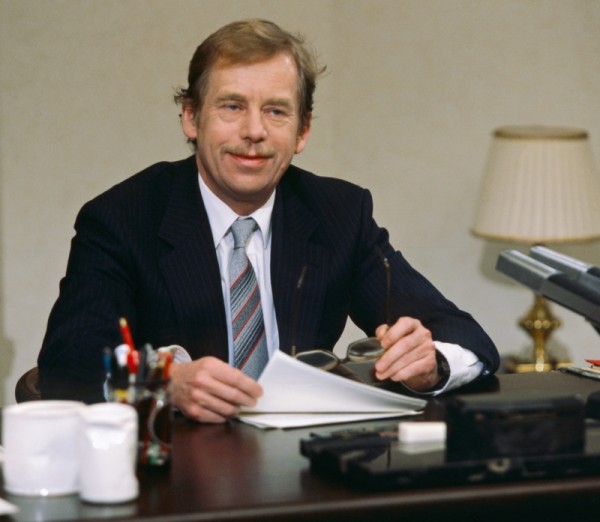
Václav Havel – The First Czech Presidency
- Where: Montmartre Gallery
- When: February 28, 2013, 19:00 – 21:00
The first Czech chancellor Luboš Dobrovský, a friend and colleague of Václav Havel’s, remembers the period of the first Czech presidency, what preceded it, and what followed it.
The evening will be hosted by Ivo Mathé, who was formerly chancellor to Václav Havel.
Havel Channel
Havel Channel je audiovizuální projekt Knihovny Václava Havla, jehož cílem je šířit myšlenkový, literární a politický odkaz Václava Havla, bez ohledu na vzdálenost, zeměpisné hranice či nouzové stavy. Jeho páteř tvoří debaty, vzdělávací projekty a rozhovory. Velký prostor je věnován též konferencím, autorským čtením, záznamům divadelních inscenací a koncertům. Audiovizuální projekt Knihovny Václava Havla Havel Channel se uskutečňuje díky laskavé podpoře Karel Komárek Family Foundation.
Publications / E-shop
The central focus of the Library’s publishing programme is the life and work of Václav Havel, his family and close collaborators and friends. For clarity, the programme is divided into six series: Václav Havel Library Notebooks, Václav Havel Library Editions, Student Line, Talks from Lány, Václav Havel Documents, Works of Pavel Juráček and Václav Havel Library Conferences. Titles that cannot be incorporated into any of the given series but which are nonetheless important for the Library’s publishing activities are issued independently, outside the series framework.
Diary IV. 1974–1989
399,- CZK
Foolish Writing
299,- CZK
Havel to the Castle
149,- CZK
Kilián Nedory
199,- CZK
Case for a Novice Headsman
199,- CZK
I am not sad. Audience & Vernissage
129,- CZK
To the Castle and Back
249,- CZK
I am the Gypsy Baron
299,- CZK
Conferences & prizes
Václav Havel European Dialogues
The Václav Havel European Dialogues is an international project that aims to initiate and stimulate a discussion about issues determining the direction of contemporary Europe while referring to the European spiritual legacy of Václav Havel. This idea takes its main inspiration from Václav Havel’s essay “Power of the Powerless”. More than other similarly focused projects, the Václav Havel European Dialogues aims to offer the “powerless” a platform to express themselves and in so doing to boost their position within Europe.
The Václav Havel European Dialogues is planned as a long-term project and involves cooperation with other organisations in various European cities. Individual meetings, which take the form of a conference, are targeted primarily at secondary and third-level students, as well as specialists and members of the public interested in European issues.
Prague 2022Olomouc Prague 2023PragueMnichov 2020Brussels 2020Prague 2019Brussels 2019Prague 2018Brussels 2018Europe at the Crossroads (e-book)Prague 2017Brussels 2017Prague 2016Brussels 2016Prague 2015Brussels 2015Brussels 2014Berlin 2014Prague 2014 - J. GauckBruges 2014Prague 2014
Václav Havel Human Rights Prize
The Václav Havel Human Rights Prize is awarded each year by the Parliamentary Assembly of the Council of Europe (PACE) in partnership with the Václav Havel Library and the Charta 77 Foundation to reward outstanding civil society action in the defence of human rights in Europe and beyond.
11th Year of the Prize (2023)10th Year of the Prize (2022)9th Year of the Prize (2021)8th Year of the Prize (2020)7th Year of the Prize (2019)6th Year of the Prize (2018)5th Year of the Prize (2017)4th Year of the Prize (2016)3rd Year of the Prize (2015)2nd Year of the Prize (2014)1st Year of the Prize (2013)History of the prize
Havel - Albright Transatlantic Dialogues
Since the first Václav Havel Transatlantic Dialogues at GLOBSEC and FORUM 2000 conferences last year, we have lost another stalwart advocate of the transatlantic bond and of the need to face threats to democracy and international order together on both sides of the Atlantic, the former US Secretary of State Madeleine Albright. In view of the close bond between Václav Havel and Madeleine Albright and, after Havel's death, between the Secretary and the Library, the Václav Havel Library, with the approval of Madeleine Albright's family, renamed and rebranded the program as The Havel-Albright Transatlantic Dialogues (HATD), after the two major figures with roots in Central Europe who have personified the bond. Together, Václav Havel and Madeleine Albright symbolize the transatlantic relationship and the fundamental values underpinning it perhaps better than any other two people in recent history. The upcoming Dialogues “The Indispensable Woman: The Legacy of Madeleine K. Albright”, at the FORUM 2000 conference on September 1, and at the “Havel and our Crisis” conference at Colby College, ME, on September 28, will thus become venues for a well-deserved tribute to the pair we all respected and admired.
Transatlantic Dialogues 2021Transatlantic Dialogues 2022HATD 2022 Prague
Václav Havel
Václav Havel
* 5. 10. 1936 Praha
† 18. 12. 2011 Hrádeček u Trutnova
- spisovatel a dramatik, publicista a filozof
- jeden z trojice prvních mluvčích Charty 77
- vůdčí autorita československé společenské změny v listopadu 1989
- poslední prezident Československa a
- první prezident České republiky
- celoživotní zastánce lidských práv a svobod doma i ve světě.
Educational projects
Archive / Documentation centre / Research projects
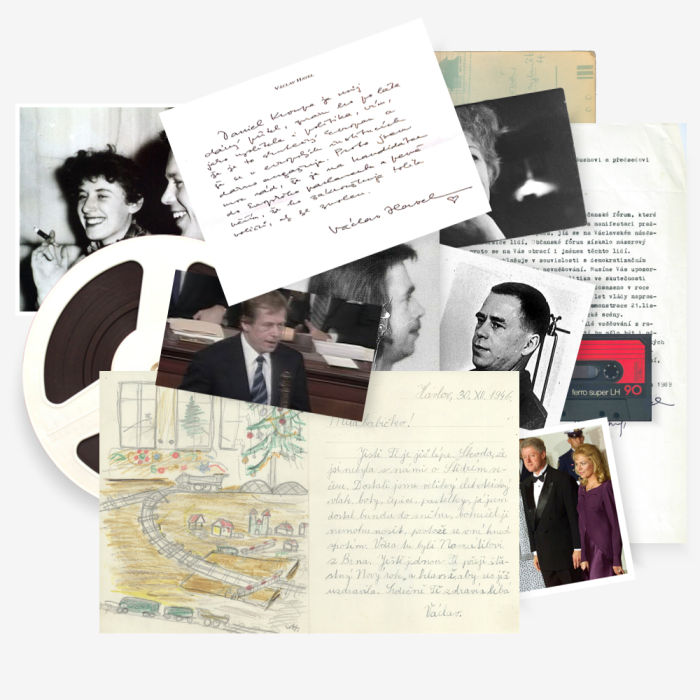
The Václav Havel Library is gradually gathering, digitizing, and making accessible written materials, photographs, sound recordings and other materials linked to the person of Václav Havel.
- 71121 records in total
- 28050 of events in the VH's life
- 2831 of VH's texts
- 2125 of photos
- 403of videos
- 568of audios
- 6602of letters
- 15101of texts about VH
- 8269 of books
- 40737of bibliography records
Access to the database of the VHL’s archives is free and possible after registering as a user. Accessing archival materials that exist in an unreadable form is only possible at the reading room of the Václav Havel Library, Ostrovní 13, 110 00 Prague 1, every Tuesday (except state holidays) from 9:00 to 17:00, or by prior appointment.
We will be glad to answer your queries at archiv@vaclavhavel-library.org.
Sign in (registered users only)
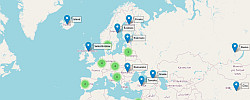
Havel in a nutshell
The virtual exhibition Václav Havel in a Nutshell places the life story of Václav Havel in the broader cultural and historic context in four chronologically distinct chapters with rich visual accompaniment. The exhibition is supplemented by the interactive map Flying the World with Václav Havel, which captures in physical form Havel’s global “footprint”.
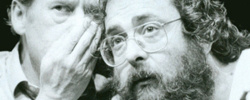
Vladimir Hanzel's revolution
Collage of recollections, images and sound recordings from Vladimír Hanzel, President Václav Havel’s personal secretary, bringing the feverish atmosphere of the Velvet Revolution to life.
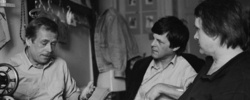
Václav Havel Interviews
A database of all accessible interviews given to print media outlets by the dramatist, writer and political activist Václav Havel between the 1960s and 1989. The resulting collection documents the extraordinary life story of an individual, as well as capturing a specific picture of modern Czechoslovak history at a time when being a free-thinker was more likely to lead to jail than an official public post.
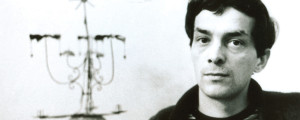
Pavel Juráček Archive
The Pavel Juráček Archive arose in February 2014 when his son Marek Juráček handed over six banana boxes and a typewriter case from his father’s estate to the Václav Havel Library. Thousands of pages of manuscripts, typescripts, photographs, documents and personal and official correspondence are gradually being classified and digitalised. The result of this work should be not only to map the life and work of one of the key figures of the New Wave of Czechoslovak film in the 1960s, but also to make his literary works accessible in the book series The Works of Pavel Juráček.
The aim of the Václav Havel Library is to ensure that Pavel Juráček finds a place in the broader cultural consciousness and to notionally build on the deep friendship he shared with Václav Havel. Soon after Juráček’s death in 1989 Havel said of him: “Pavel was a friend of mine whom I liked very much. He was one of the most sensitive and gentle people I have known – that’s why I cannot write more about him.”
All about Library
The Václav Havel Library works to preserve the legacy of Václav Havel, literary, theatrical and also political, in particular his struggle for freedom, democracy and the defence of human rights. It supports research and education on the life, values and times of Václav Havel as well as the enduring significance of his ideas for both the present and future.
The Václav Havel Library also strives to develop civil society and active civic life, serving as a platform for discussion on issues related to the support and defence of liberty and democracy, both in the Czech Republic and internationally.
The main aims of the Václav Havel Library include
- Organizing archival, archival-research, documentary, museum and library activities focused on the work of Vaclav Havel and documents or objects related to his activities, and carries out professional analysis of their influence on the life and self-reflection of society
- Serving, in a suitable manner, such as through exhibitions, the purpose of education and popularisation functions, thus presenting to the public the historical significance of the fight for human rights and freedoms in the totalitarian period and the formation of civil society during the establishment of democracy
- Organizing scientific research and publication activities in its areas of interest
Podpořte nás
We are well aware that freedom and democracy must be nurtured. Here at Ostrovní 13, but also on the audiovisual platform Havel Channel, we strive to do so through our own educational programmes, talks, discussion meetings, books, exhibitions, concerts, theatre performances. We honour Václav Havel's legacy and wish that the Library be a living organism and open to all. That is why our programme is free of charge for everyone. This would not be possible without regular financial support from our supporters. Become one of them...
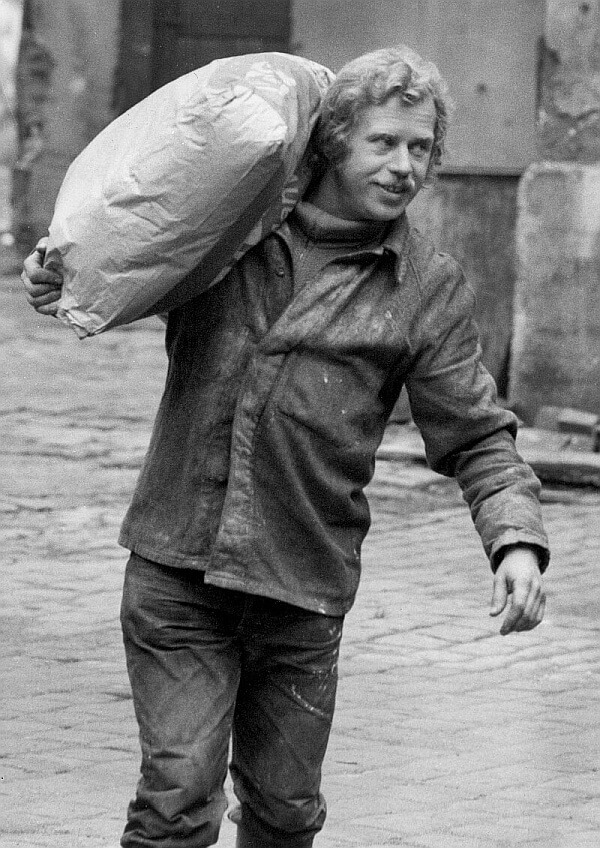
Support us with a financial donation
Does our work make sense to you and do you want to support the activities of the Vaclav Havel Library?
You can easily make a one-time payment by scanning the QR code.
Would you like to contribute regularly? Then we invite you to become a member of the Friends of the Vaclav Havel Library Club. What are the benefits of membership? Find out more.
Help us expand the archive
The Vaclav Havel Library manages an archive of writings, documents, photographs, video recordings and other materials related to the life and work of Vaclav Havel. This archive is predominantly in digital form. If you or someone close to you owns any original texts, correspondence, photographs, speeches or any other work by Vaclav Havel, we would be grateful if you could contact us.
You can donate in other ways too
Supporting a specific charitable or public benefit organization whose activities you appreciate or have been supporting for a long time is also possible through a will. This form of donation is quite common abroad, but in the Czech Republic this tradition is only just taking root.
Share information about us
The Vaclav Havel Library is open to media and promotional cooperation, mutual sharing of links, publishing our banners or information about our events.
For more information, please contact us.
Donations have their rules
At the Vaclav Havel Library, we uphold a transparent, responsible and ethical way of dealing with all those who contribute to fulfilling our purpose and implementing our strategy. Our code of ethics summarizes the basic rules of donations.
Get involved in volunteering
Would you like to get involved as a volunteer? That's great. We welcome anyone who wants to help our work.








